 Posted by Lillie Shockney, R.N., M.A.S.
Posted by Lillie Shockney, R.N., M.A.S.Yahoo Health on Tue, Oct 23, 2007
As we work to raise awareness of breast cancer this October, a new telephone survey by the American Cancer Society (ACS) shows that a surprisingly large number of Americans still believe unsubstantiated claims about cancer.
The saddest part of this news is that the least-educated and informed individuals are among those most affected by cancer according to the ACS. Healthy behavior depends partly on a person's knowledge of which behaviors place them at risk, such as smoking, consuming too much alcohol, or overexposure to UV sunlight.
But research also tells us that people sometimes will focus on unproven risk factors while paying less attention to those that are scientifically proven. As a result, the decisions they make about their health may become distorted.
The survey included 12 inaccurate or unlikely statements about cancer risk, risk factors, and prevention. Here are a few of those myths:
- The risk of dying of cancer in the U.S. is increasing. False - yet nearly 7 in 10 Americans (68 percent) thought this claim was true.
- Living in a polluted city is a greater risk factor for lung cancer than smoking a pack of cigarettes a day. False - but nearly 4 in 10 (39 percent) thought this claim as true.
- Electronic devices like cell phones can cause cancer. False - 3 in 10 thought this was true.
- Personal hygiene products like shampoo, deodorant, and antiperspirants can cause cancer. False - but about 1 in 7 (15 percent) agreed with this one.
- Underwire bras can cause breast cancer. False - 6 in 10 thought this was true.
Most strikingly, the first statement above, that the risk of dying from cancer in the U.S. is increasing, is clearly false - and yet fully 68 percent of the respondents believed it.
In reality, the death rate from cancer has been decreasing since the early 1990s, and the five-year relative survival rate for all cancers combined has been rising steadily over the last 30 years.
And why did so many believe that living in a polluted city is a greater risk for lung cancer than smoking a pack of cigarettes a day? The authors point to studies showing that people who engage in behaviors like smoking or unprotected sun exposure tend to underestimate their own personal risks from these choices, despite their knowing of the risk to the general public.
Here are some other myths, specifically about breast cancer, that I often hear from patients or their family members:
- The risk of breast cancer decreases after a woman reaches age 65. Actually, the risk of breast cancer increases steadily with age. By the time a woman reaches 85, her risk of developing breast cancer is 1 in 7.
- Antiperspirants cause breast cancer. There is no research to substantiate this rumor, which started on college campuses in 1998.
- Most women diagnosed today will have to have a mastectomy as their breast cancer treatment. In fact, less than 20 percent of women diagnosed nowadays actually need mastectomy; over 80 percent are candidates for lumpectomy surgery.
- If you don't have a family history of breast cancer, you won't get it yourself. In truth, only 12 percent of women diagnosed with breast cancer have a family history of the disease.
- Men can't get breast cancer. One percent of individuals diagnosed each year are men.
- Most women who get breast cancer will die of their disease. No! Fifteen percent of women diagnosed will eventually die of the disease, and that figure has been declining for the past 3 years.
- The radiation from mammograms causes breast cancer. Oh, boy, that's a doozie. The amount of radiation received in a mammogram is very small and not a risk factor. In fact, mammograms save many lives by detecting tumors early.Women diagnosed by mammogram with stage 0 or 1 breast cancer have a 98 percent survival rate, thus demonstrating the value of annual mammograms.
If you have been hoodwinked by any of these myths, here's your opportunity to erase them from your mind by getting the facts. If someone you care about is confused about the stats, share this information with them and reduce their anxiety a bit, too.
Who knows? You might inspire someone to do the right thing and get a mammogram. And that someone, of course, could be the person looking back at you in the bathroom mirror.





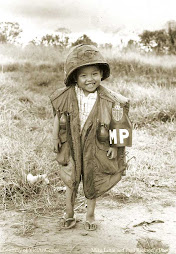
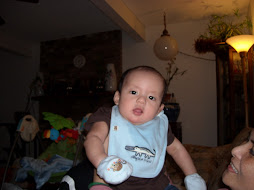
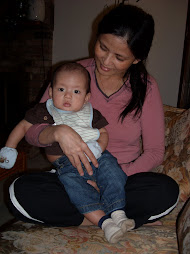














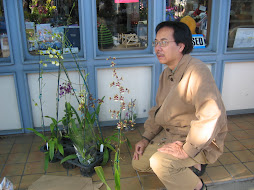
















































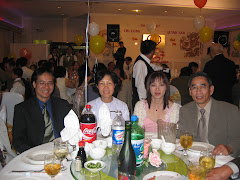






No comments:
Post a Comment